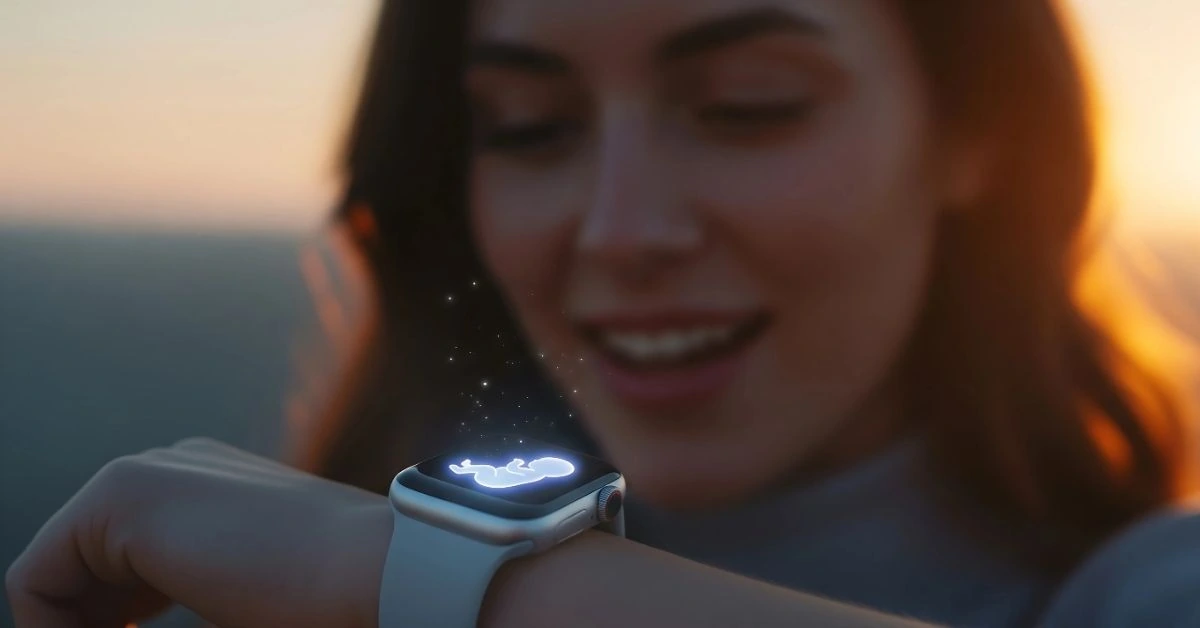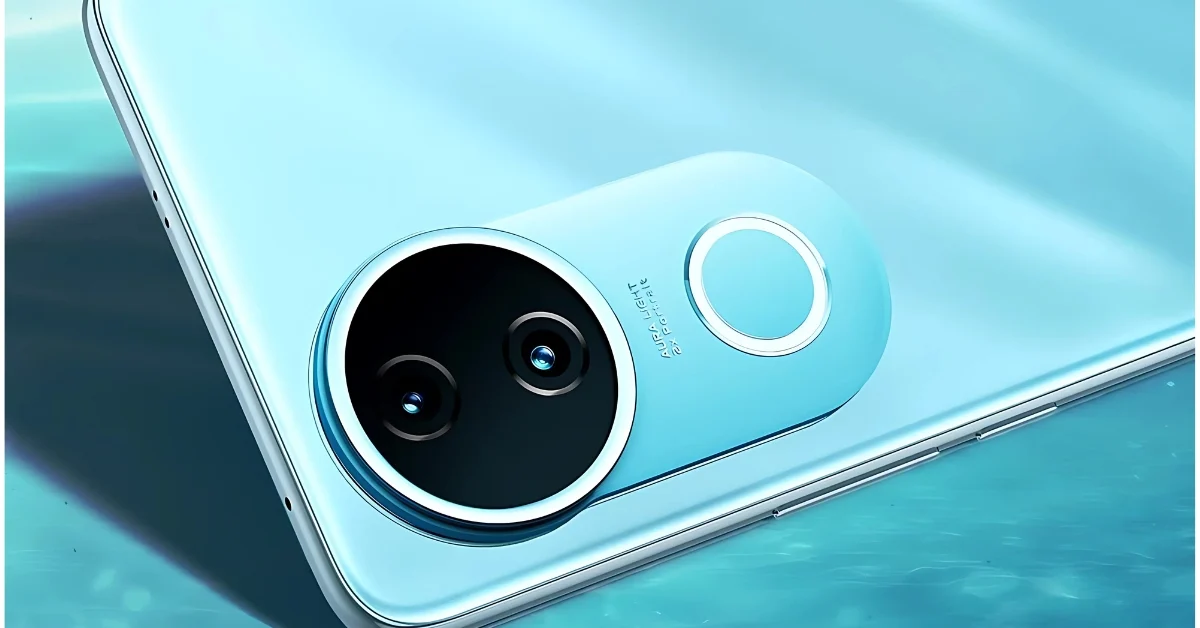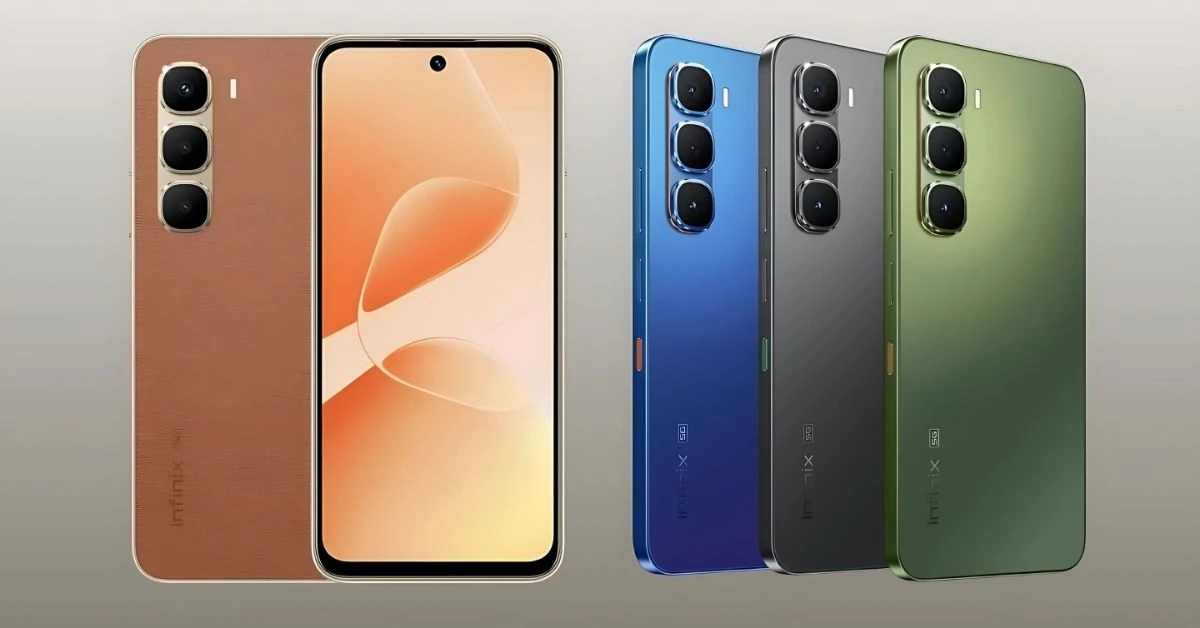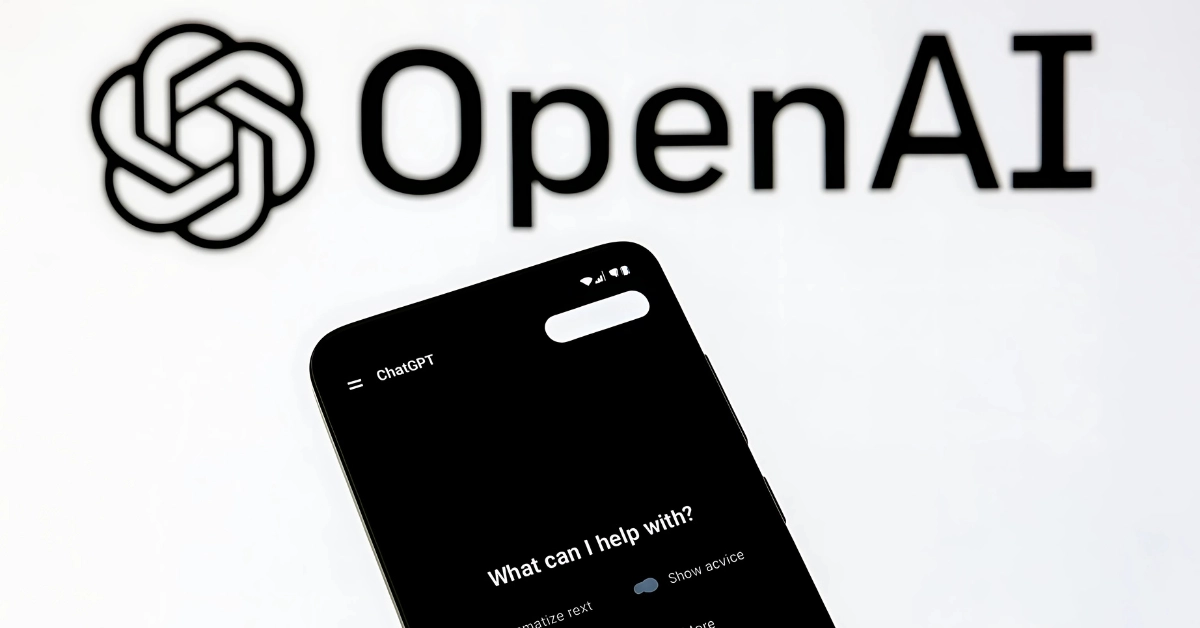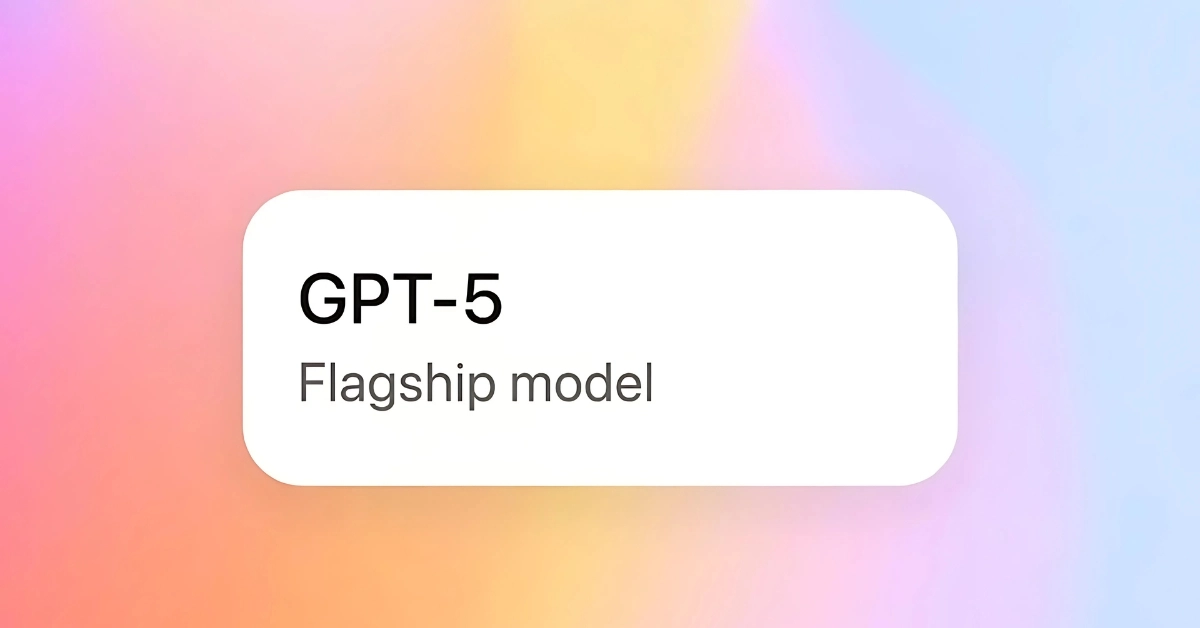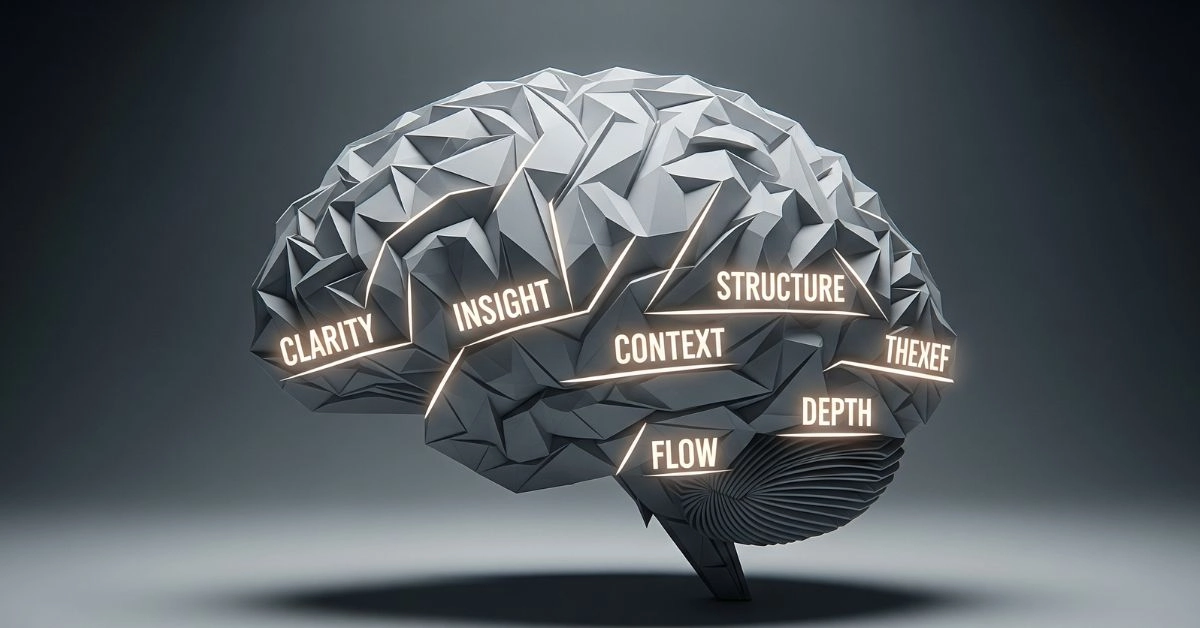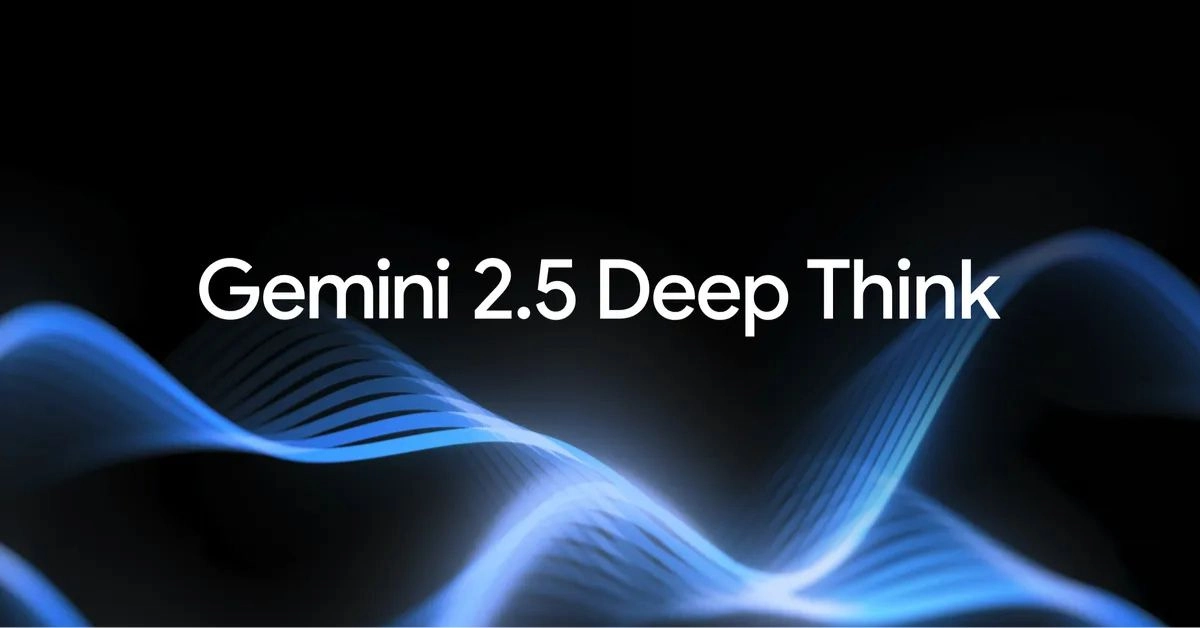Written by Mohit Singhania | Updated: July 12, 2025 | TechMasala.in
Something wild is happening inside your Apple Watch, and no, it’s not a secret app. It’s your daily habits, quietly recorded, now being decoded by AI to figure out things like… pregnancy. Yes, you read that right. A new study says the Apple Watch can detect pregnancy with 92 percent accuracy, just by noticing how your body behaves across days. No kits. No pee sticks. Just subtle shifts in how you walk, sleep, and move.
Can Your Apple Watch Really Tell If You’re Pregnant?
Researchers looked at health data from over 162,000 people using Apple Watches, and what they found was honestly surprising. Instead of obsessing over heart rate spikes or oxygen levels, they trained a new AI model that watches your daily habits. It’s called the Wearable Behavior Model, or WBM. According to the study published on arXiv, it works by focusing on long-term behavioral trends, not short bursts of sensor data.This system studies how you move, how much you sleep, your walking pattern, and even how your breathing changes from week to week. Over time, these little things can paint a very clear picture of what’s happening inside your body.
Here’s How Your Watch Picks Up on Pregnancy Clues
This whole system works because of something super simple. Your body changes a little every day, and your Apple Watch notices. You might start sleeping longer without meaning to. Maybe your walking pace drops just a bit. You might even breathe differently, and you wouldn’t notice it. But your watch does.
The researchers trained the AI model to look for these tiny shifts, not second-by-second heart rate jumps, but quiet changes that stack up over weeks. They fed it over 2.5 billion hours of wearable data. That includes Apple Watch and iPhone usage, all collected from users who opted into the Apple Heart and Movement Study, a research effort Apple launched to explore exactly these kinds of health signals. It’s a scale of training we usually associate with language tools like NotebookLM, but here, the input is your body’s rhythm instead of documents.
So when your watch sees that your body’s rhythm is changing — even if you feel totally fine — it flags a pattern. That pattern, in some cases, turns out to mean pregnancy. And it often knows it before you do.
While WBM watches your habits across days and weeks, the Apple Watch also tracks your biometric signals using something called PPG, short for photoplethysmography. That’s the tech behind how your watch measures blood flow and heart rate using tiny light sensors. It sounds technical, but all it means is that your Apple Watch keeps tabs on how your body is responding internally, in real time.
When researchers combined these biometric readings with your long-term behavioral patterns, the results were impressive. The system became more accurate, especially in detecting pregnancy and other short-term health changes.
And the proof isn’t just in the writing — the results speak for themselves.
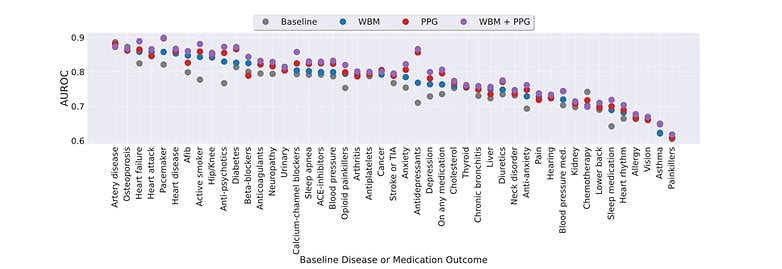
What This Could Mean for Women’s Health and Peace of Mind
For women tracking their cycles, trying to conceive, or just staying in tune with their bodies, this kind of tech could be a game-changer. Most pregnancy tests confirm what’s already underway. But what if your watch noticed changes days, even weeks, before you felt anything? That early heads-up could mean better care, less guesswork, and a lot less stress.
This isn’t just some lab experiment. The AI model didn’t just beat other heart-based predictors in pregnancy detection. It did better across a bunch of other health markers too — from spotting infections to understanding sleep shifts. It turns out, your daily routines are more honest than any sensor spike.
Your Apple Watch Might Be Smarter About Your Health Than You Think
Most people still see the Apple Watch as something that counts steps or shows your texts. But quietly, it’s turning into something much bigger. Apple’s been building tools that can read your long-term behavior and spot patterns that even you wouldn’t notice.
It’s part of a much bigger shift toward AI quietly reshaping industries, including the future of work, where automation is already replacing some human roles — and not just in tech.
In health, though, it’s a bit more personal. Your watch isn’t trying to replace doctors. It’s simply observing the way you live — how you walk, how you sleep, even how you breathe — and connecting those signals over time. That’s where the real insight comes from.
The wild part? It doesn’t need you to log anything or fill out health surveys. It just watches how you live — your routine, your sleep, how fast you walk — and then puts those signals together. That’s where the health smarts come from.
Will this pregnancy detection feature be rolled out officially? Maybe not right away. But the bigger shift is already happening. These wearables aren’t just tracking your fitness anymore. They’re starting to understand your body, your habits, and even your silent health changes.
Final Thoughts: This Is Just the Beginning
It sounds like something out of a sci-fi movie — your watch figuring out you’re pregnant before you even miss a period. But this is where things are headed. By treating our everyday habits like meaningful signals, Apple is showing that health isn’t just about numbers on a chart. It’s about how we live.
This tech may not hit your wrist as an official feature tomorrow. But the shift is already happening. Your Apple Watch is no longer just keeping score of steps or heartbeats. It’s learning how to understand you — and that might just change what health tracking means for all of us. We’re already seeing this kind of multimodal intelligence in creative AI tools like Gemini, and now it’s showing up in how we care for our health too.

